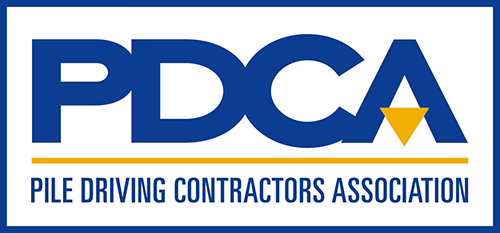
Making Dollars and "Cents" of Key Contractual Payment Provisions and How State Law Can Impact your rights
Clauses that can affect your right to payment in different U.S. states
By Ashley Sherwood and Dan W. Ballesteros, Seyfarth Shaw LLP
In contracts that can sometimes be hundreds of pages, the provisions that contractors (and their attorneys) scrutinize the most concern payment. But it is not just the obvious payment application or interest clauses that can impact a contractor's right to payment. Indemnity, no-damages-for-delay and pay-if-paid clauses can drastically impact when a con- tractor sees the money. Adding another layer of complexity are statutory nuances about which contractors need to be aware. Construction laws vary from state to state and can, in some cases, invalidate what would otherwise be enforceable contract language. Subcontractors, in particular, should safeguard themselves, as state-law protections do not always trickle down past the prime contractor level.
Most statutory payment provisions fall into three categories (1) timing of pay- ment; (2) conditions of payment; and (3) bases for non-payment. This article discuss- es typical contractual clauses impacted by statute and provides examples on how state law may apply to your project and impact your rights. While not every payment-relat- ed issue or state law is covered in this article, contractors and subcontractors of all sizes and specialties should come away with a better understanding of what to look for in their existing contracts, and what to push back on during their next negotiation.
CLICK HERE TO READ THE FULL ARTICLE
Most statutory payment provisions fall into three categories (1) timing of pay- ment; (2) conditions of payment; and (3) bases for non-payment. This article discuss- es typical contractual clauses impacted by statute and provides examples on how state law may apply to your project and impact your rights. While not every payment-relat- ed issue or state law is covered in this article, contractors and subcontractors of all sizes and specialties should come away with a better understanding of what to look for in their existing contracts, and what to push back on during their next negotiation.
CLICK HERE TO READ THE FULL ARTICLE





